PTSD – what is it?
As defined by the National Center for PTSD – PTSD (posttraumatic stress disorder) is a mental health problem that some people develop after experiencing or witnessing a life-threatening event, like combat, a natural disaster, a car accident, or sexual assault.
Who develops PTSD?
Anyone can develop PTSD at any age. A number of factors can increase the chance that someone will have PTSD, many of which are not under that person’s control. For example, having a very intense or long-lasting traumatic event or getting injured during the event can make it more likely that a person will develop PTSD. PTSD is also more common after certain types of trauma, like combat and sexual assault.
Personal factors, like previous traumatic exposure, age, and gender, can affect whether or not a person will develop PTSD. What happens after the traumatic event is also important. Stress can make PTSD more likely, while social support can make it less likely.
Will People with PTSD Get Better?
After a traumatic event, it’s normal to think, act, and feel differently than usual—but most people start to feel better after a few weeks or months. Talk to a doctor or mental health care provider (like a psychiatrist, psychologist, or social worker) if your symptoms:
1) Last longer than a few months
2) Are very upsetting
3) Disrupt your daily life
“Getting better” means different things for different people. There are many different treatment options for PTSD. For many people, these treatments can get rid of symptoms altogether. Others find they have fewer symptoms or feel that their symptoms are less intense. Your symptoms don’t have to interfere with your everyday activities, work, and relationships.
What can I do to help during June Awareness Month?
Partner with the National Center of PTSD today! https://wwww.ptsd.va.gov website
Growing public understanding of PTSD and spreading the word that PTSD treatment works takes all of us. We encourage you to raise awareness with us.
This website provides a list of organizations that are committed to helping us raise awareness. Please go to https://www.ptsd.va.gov/understand/awareness/working_together.asp and join in the efforts to take the Raise PTSD Awareness Pledge. The Center will update the lists of organizations throughout the whole month of June who are working together to raise awareness.
Please take the time to extend our thanks to those not listed as well as those who support someone with PTSD. Please recognize those in the mental health field who treat and support PTSD sufferers. We would like to acknowledge and thank the commitment of those who serve our veteran populations at VA Medical Centers, Vet Centers, and individual providers.
(Excerpts and information from National Center for PTSD Website)

